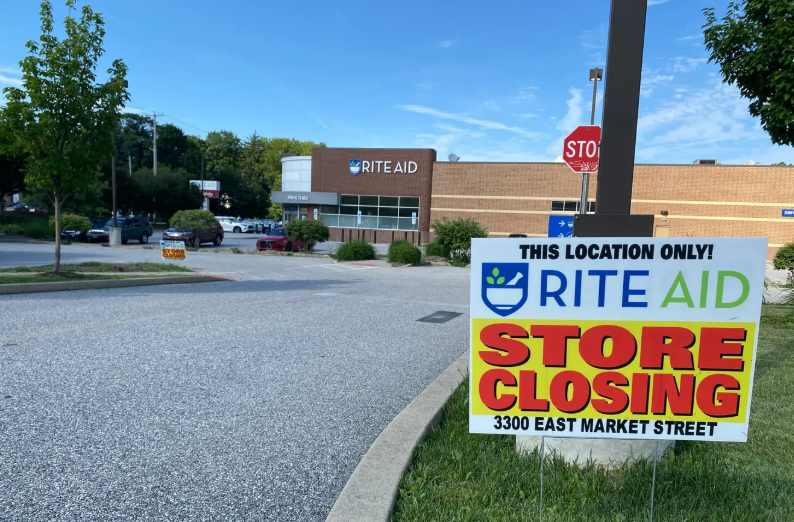Operators are blaming a broken payment system.
Hundreds of pharmacies across Pennsylvania have closed in recent years. Pharmacists are blaming a broken payment system for the closures.
According to pharmacists, the reimbursements offered through insurance plans frequently do not cover the costs of drugs or related overhead expenses. This has left pharmacies unable to pay staff and keep the lights on.
Some pharmacies revealed that they continue losing money even with more customers and prescriptions to fill when reimbursement rates are poor.
Eric Abramowitz, a pharmacist and co-owner of Eric’s RX Shoppe in Montgomery County, described the issue as “kind of a double-edged sword.”
Some pharmacists and lawmakers have blamed the closures on pharmacy benefit managers.
Governor Josh Shapiro criticized pharmacy benefit managers in his 2024 budget address, saying that “folks are getting screwed by the high cost of prescription drugs” and that PBMs “have made record profits on the backs of Pennsylvanians.”
PBMs play a large role in determining the price that patients pay for drugs. They say they help lower the cost of prescription medications, while critics say they are driving the prices even higher in their capacity as middlemen.
During a legislative hearing, Rob Frankil, executive director of the Philadelphia Association of Retail Druggists, told lawmakers that PBMs were steering patients to their affiliated mail-order or in-person pharmacies. CVS Caremark, Express Scripts, and Optum Rx are all such companies.
“All this creates an imbalance of power,” Frankil said.
Rite Aid bankruptcy closures are the latest to plague the Commonwealth, resulting in damage to the industry across the entire state.
In 2015, Rite Aid acquired a PBM. The chain sold its Elixir PBM company in 2024. Frankil said in a recent interview that Rite Aid’s PBM operation “never really gained much traction and never came anywhere close to competing with the big three” companies.
“We are getting closer and closer to the day that we don’t have main street pharmacies with their doors open,” said pharmacist Erich Cushey, owner of Curtis Pharmacy in rural southwestern Pennsylvania.
According to Department of State records, more than 800 licensed Pennsylvania pharmacies went out of business between January 2020 to early July of 2025.
Increased closures mean patients need to travel farther to access their medications, particularly in rural areas where there are few pharmacies to begin with.
“Where we see the biggest impact, it’s usually in… rural locations and it’s in the underserved locations. So, the people that need the help the most are the ones… getting hit the most,” said John DeJames, president of the Pennsylvania Pharmacists Association.
Pharmacists say the Pharmacy Benefit Reform Act of 2024 is not providing enough assistance in these cases. The Pennsylvania Pharmacists Association says more action is needed as pharmacies “continue to grapple with unsustainable reimbursement rates, predatory practices, and operational pressures that threaten their ability to serve communities.”
In June, state Senators Judy Ward and Lisa Boscola sent out a co-sponsorship memo for a proposal that would affect payments to pharmacies for patients enrolled in the state’s Medicaid program. Their proposal aims to save administrative costs while allowing hundreds of millions of dollars in dispensing fees to go directly to pharmacies. The legislation has not yet been introduced.





